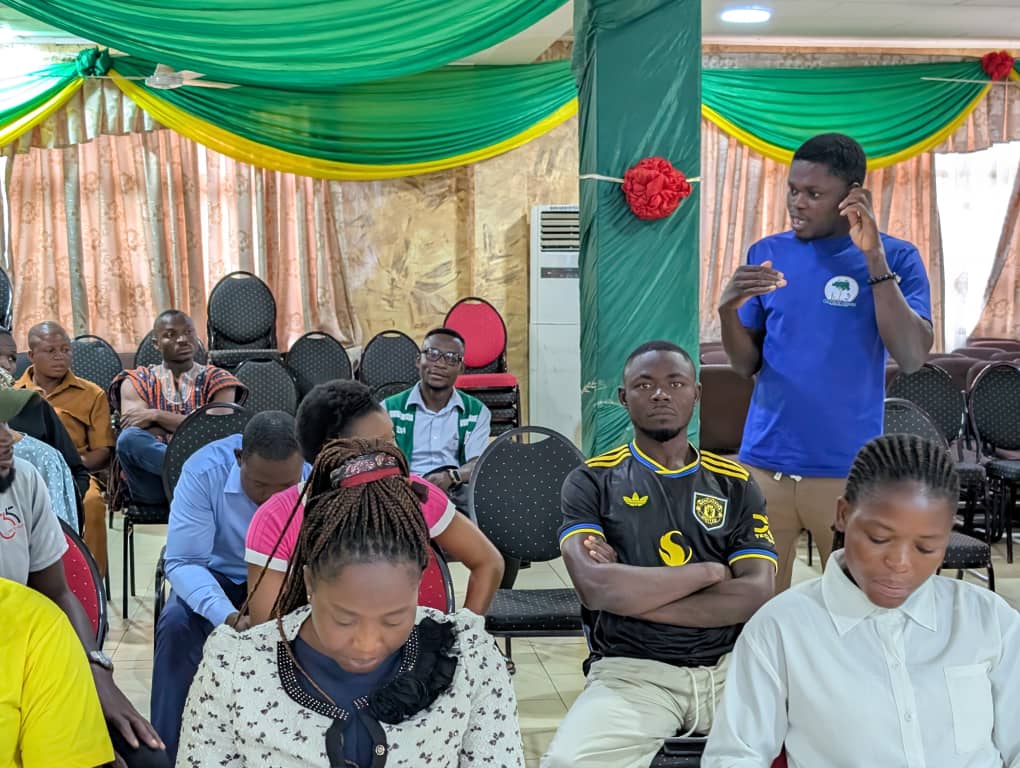Rising youth unemployment and a deep sense of political and economic marginalization are creating fertile ground for radicalization in northern Ghana, according to civil society and peacebuilding groups. In response, local actors are stepping in with job creation, skills training and community outreach to curb the risk.
The National Peace Council, citing data from the Ghana Annual Household Income and Expenditure Survey (AHIES-Q4 2022), said vulnerable employment rates remain highest in the North East (92.1%), Savannah (90.6%) and Northern (84.2%) regions. Youth unemployment, it added, is the single most common driver of vulnerability to violent extremism across Ghana’s northern belt, with the Upper East Region among those recording some of the highest jobless rates.
Northern Sector Action on Awareness Centre (NORSAAC), a civil society organization known for its work in gender, youth empowerment and community engagement, is implementing programs under the Strengthening Resilience and Resistance to Violent Extremism in Northern Ghana (STRIVE-Ghana) project. The initiative focuses on expanding economic opportunities, promoting social protection and fostering peacebuilding.
As part of the project, NORSAAC has established a media and youth coalition to amplify prevention efforts through radio jingles, talk shows and peace campaigns in schools and communities across Talensi, Nabdam, Bolgatanga, Kassena-Nankana West, Builsa South and Tempane districts in the Upper East Region. Media practitioners, working alongside the National Peace Council and the National Commission for Civic Education (NCCE), will be given access to project resources and training to improve community awareness.
Project implementers also aim to provide alternative livelihoods and market-aligned skills to reduce recruitment risk, combining vocational training, small-business support and targeted grants with community dialogues. These interventions are designed to blunt extremist narratives by restoring hope and income opportunities for young people.
Why perceived marginalization matters
Peace and civic education officials say radicalization in northern Ghana stems not only from material hardship. Many young people cite exclusion from decision-making, weak local institutions and perceived discrimination as reasons for their alienation. Combined with high unemployment and porous borders across the Sahel, these factors heighten the risk of youth being drawn to extremist groups.
What observers say needs to happen
The National Peace Council, the NCCE and other civil society organizations recommend a package approach: sustainable jobs and apprenticeships, long-term support for youth entrepreneurship, trust-building between civilians and security forces, and efforts to counter online disinformation. They also urge that donor-funded projects be extended beyond short cycles to sustain gains in resilience and social cohesion.
The STRIVE-Ghana project, jointly implemented by AfriKids, NORSAAC and CAPECS with funding from the Global Community Engagement and Resilience Fund (GCERF), seeks to strengthen community perceptions, knowledge and resilience against the rising threat of violent extremism in northern Ghana.
Source: A1Radioonline.com|101.1Mhz|Samuel Adagom|Bolgatanga


